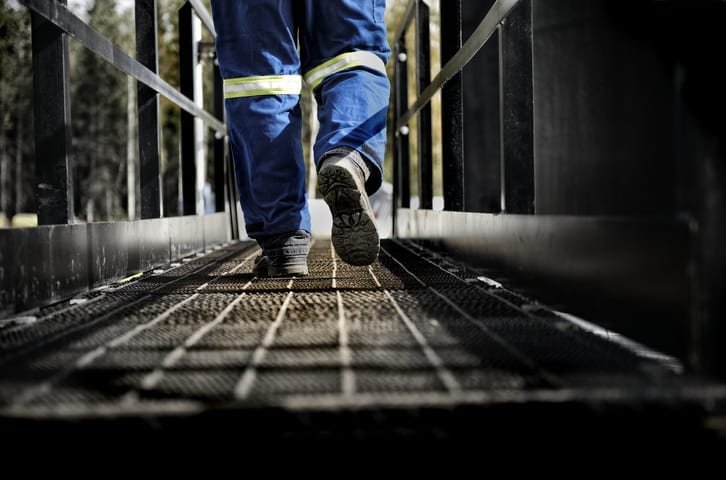Despite their relevant knowledge and experience, no public body has attempted a broad consultation of offshore workers about their livelihoods and the future of the energy industry.
For example, since launching in 2018, the Scottish Government’s Just Transition Commission has prioritised private businesses, industry representatives and regional enterprises.
Meanwhile the sector deal being drawn up by UK energy ministers has no vehicle for consulting oil and gas workers.
‘An absolute disgrace’
Written responses in the survey revealed some of the hardships that workers have faced, both in the recent pandemic and as a result of volatility in the industry.
One worker said: ‘I have now been off work for 14 weeks and I have not received a penny due to me being employed by an agency. They have just ended my contract and hung me out to dry. I do not fall into any category for receiving any payment from anywhere.’
Another respondent answered: ‘I just think it’s a better work environment out of the oil and gas industry. It’s always boom and bust to some degree but the last five years have not been a pleasant environment to work in – that’s five years of mental toil.’
One response states: ‘It seems the oil companies have got away with everything but the workforce gets hammered… The way the industry is treating their workers, especially those in a situation similar to mine is an absolute disgrace and should not be allowed to happen.’
Renewables training and investment
Survey answers also provide insight into solutions that workers consider central to protecting industry workers’ career prospects.
One worker suggested: ‘It should be a condition of getting a licence to build a wind farm in Scotland that the fabrication is awarded to a Scottish based yard.’
A common theme was offering opportunities and financial support for retraining.
One person said: ‘Offer training to allow skills to be transferred from oil & gas to renewables sectors. Invest heavily in renewables. Encourage children, students, graduates away from an unsustainable oil and gas sector and into renewables. As Scotland has huge wind/wave/hydro resources she must become a front runner in the global renewables sector.’
And another stated: ‘Retrain while keeping a liveable wage. Last time there was a slump in oil prices there was opportunity to retrain but it was near impossible to navigate the red tape to get access to the training.’
*Names have been changed to protect anonymity
 Play Video about This Rock Might Just Save The World
Play Video about This Rock Might Just Save The World Play Video about Play 2 hours of rock
Play Video about Play 2 hours of rock Play Video about Play 2 hours of brook
Play Video about Play 2 hours of brook Play Video about Play 2 hours of sheep
Play Video about Play 2 hours of sheep















































